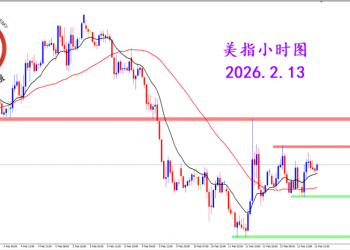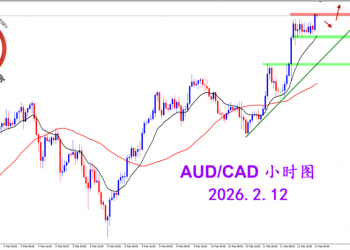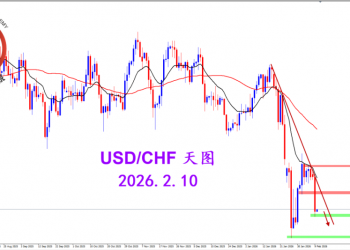RBA in rates hothouse
By Tim Boreham
July 5, 2004
GROWING evidence the housing market is refusing to cool has put mounting pressure on the Reserve Bank of Australia to raise official rates.
But the central bank board may have to wait some months before doing so and will maintain the cash rate at 5.25 per cent at its monthly meeting tomorrow.
The federal election campaign later in the year may further prevent the RBA from raising rates until next year.
The Government's $8 billion in budget handouts of personal tax cuts and family incentives has also come into effect, raising inflation fears as consumers spend the windfall.
"There is plenty of justification for raising rates, but they won't," Commonwealth Securities chief economist Craig James said yesterday.
RBA housing data last week showed residential approvals rose 1.5 per cent in May. May housing finance figures to be unveiled this Friday are also tipped to be higher.
"There is evidence housing is getting a second wind," Mr James said, noting that the market "did well and truly come off the boil" in recent months.
St George Bank chief finance officer Steve McKerihan said while the bank's mortgage book was "ever so gradually starting to slow", he expected overall housing growth to remain at 16 per cent in the 12 months to the end of September.
National Australia Bank chief economist Alan Oster said the RBA was "still trying to work out what is happening in the housing market".
"We are not sure housing prices are falling to the extent they were," he said. "This is not a market which looks like having a large fall in prices."
Last week's RBA housing approval data showed residential housing approvals gained 1.5 per cent in May, the second monthly increase.
"While house approvals fell 3 per cent and continue a downward trend, apartment approvals jumped 10.5 per cent," said rates monitoring house Infochoice.
"Incredibly, they are now around 17 per cent higher over the last two months."
Retail sales data for May, also released last week, showed a solid 0.5 per cent rise.
"With unemployment at a 23-year low, consumers have absorbed higher petrol prices (and) shrugged off the hype surrounding the housing downturn and opted to keep on spending," Westpac senior economist Andrew Hanlan said.
"With the Howard Government providing over $2 billion in family benefit payments recently, we are set for a bumper retail sales result in June and a solid result for the quarter as a whole."
Mr James said low rates were a "temporary situation" and the RBA would be forced to dampen the economy to control inflation.
"The fact that interest rates are still historically low, the job market is rising and the global economy is strengthening will put pressure on inflationary forces," he said.
He said Australia also needed to maintain relatively higher rates to attract foreign capital to fund its record $50 billion trade deficit.
The Australian |
 2026.2.13 图文交易计划:美指持续震荡 等1521 人气#黄金外汇论坛
2026.2.13 图文交易计划:美指持续震荡 等1521 人气#黄金外汇论坛 2026.2.12 图文交易计划:多头持续挺进 澳1448 人气#黄金外汇论坛
2026.2.12 图文交易计划:多头持续挺进 澳1448 人气#黄金外汇论坛 2026.2.11 图文交易计划:磅加坚决阴线 适1698 人气#黄金外汇论坛
2026.2.11 图文交易计划:磅加坚决阴线 适1698 人气#黄金外汇论坛 2026.2.10 图文交易计划:美瑞大幅下跌 等1586 人气#黄金外汇论坛
2026.2.10 图文交易计划:美瑞大幅下跌 等1586 人气#黄金外汇论坛